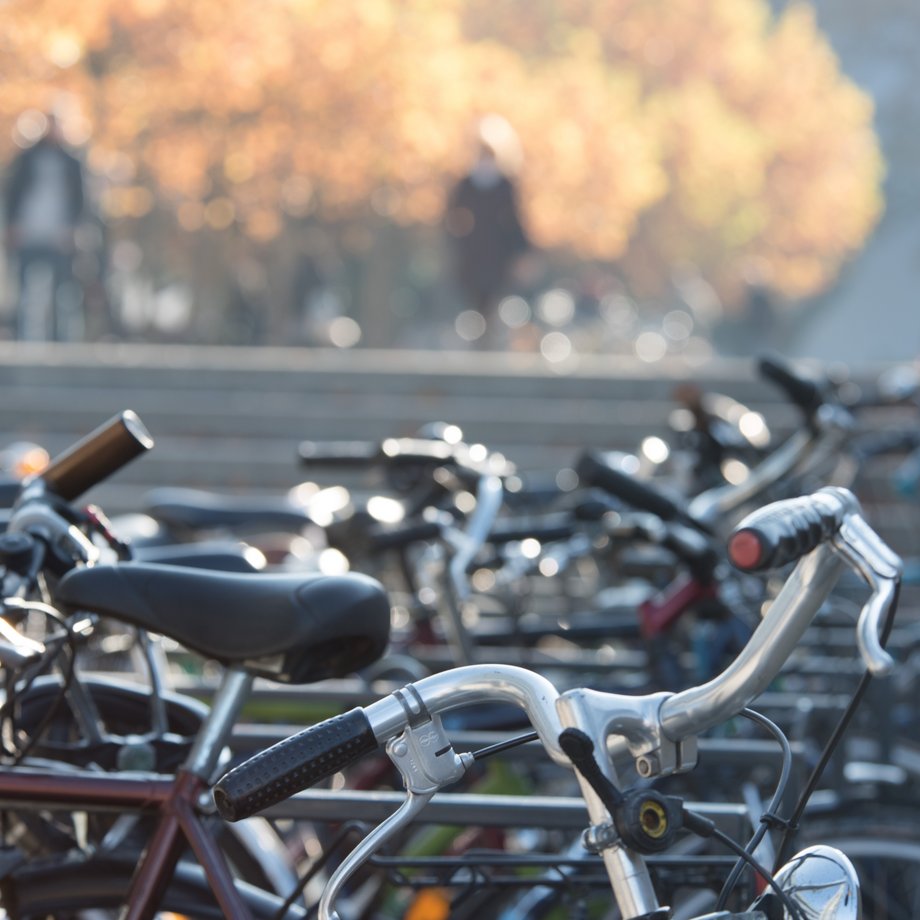Eco-Tips

Eco-conscious and sustainable behavior is not that difficult. The most common reason why there is a discrepancy between our environmental awareness and our environmental behavior is that we are "creatures of habit" and the new behavior is often simply unfamiliar. Let our little monthly eco-tips inform and inspire you and try to adjust your behavior in small steps towards more sustainability. The environment will thank you - and so will we. :)
And since the list of eco-tips has become quite long over the years, here are our top 5 sustainability tips that everyone can take to heart in everyday life (also published in the university magazine lauter.campus):

1. Environmentally friendly travel behavior: Use your bike, public transportation, or walk as much as possible in everyday life. If you are going on a longer trip, choose long-distance trains and buses over airplanes, and if you do have to use your car, form carpools. Increasingly frequent and longer air travel has a particularly damaging effect on the climate because exhaust gases at usual flight altitudes have about 4 times the greenhouse effect of exhaust gases near the ground.

2. Energy saving: When it comes to saving energy at home, switch off instead of standby mode. For example, electrical appliances and their accessories that are not in use should be switched off. Even better: disconnect the appliance from the power supply. Lights should also be turned on only when needed and turned off when leaving the room (or auditorium). The same applies to heating: reducing the temperature saves energy, about 6 percent per degree. It is worthwhile to set the temperature of each room individually. In addition, the heating should be free of furniture so that the warm air can be distributed throughout the room. And: ventilate every now and then instead of keeping the windows open all the time! This not only saves energy, but also money.

3. Buy regional food: Short transport routes have a better ecological balance. Therefore: Buy regional and seasonal food on weekly markets, in organic and farm stores as well as in supermarkets. Seasonal calendars show when regional fruits and vegetables are available. Meat should also come from the local area and from species-appropriate husbandry, if possible. Even better: with a vegetarian diet, the production of greenhouse gas emissions amounts to 30% less, vegan food even achieves only half the emissions and thus promotes environmental and animal protection!

4. Avoid plastic waste: Waste prevention always comes before recycling! Reduce your plastic waste by using reusable instead of disposable items, glass instead of plastic, buying loose goods and avoiding plastic bags. When packaging waste is generated, it should be properly separated and disposed of.

5. Consume wisely: Buy what you need, use leftovers and store food properly. Not everything that is past its best-before date has to be thrown away. Most food is still fine some time beyond that. Through the foodsharing app "Too good too go" you can also save food from retailers and restaurants from the trash can for small amounts of money. Fashion, technology devices and other consumer goods should also not be replaced regularly while they are still in perfect condition, but only when it is really necessary. Here, too, less is more.
